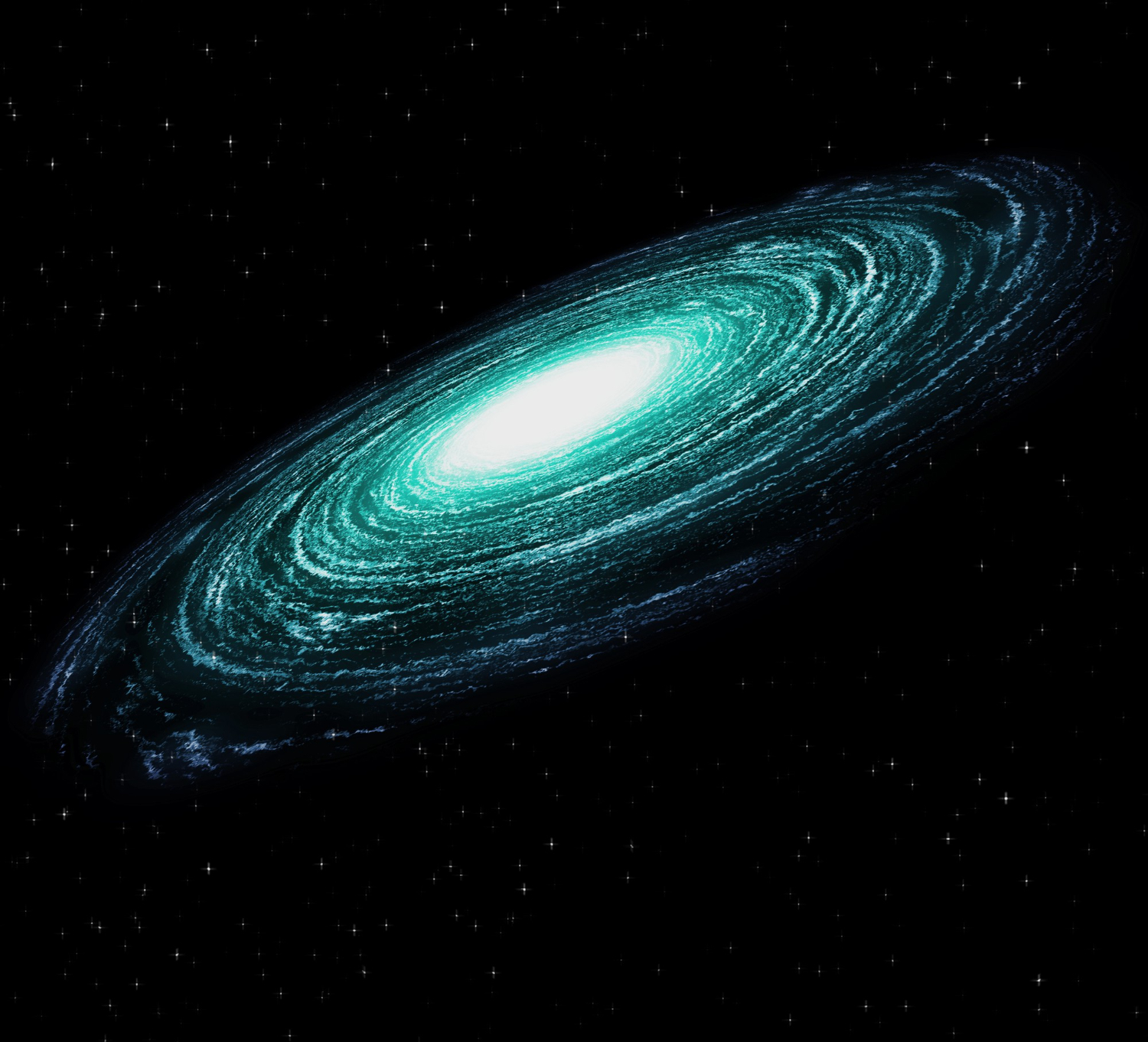For the past several years, scientists have been trying to find sustainable ways for power generation to combat global warming and climate change. Apparently, humans could generate energy through primordial black holes in the future to meet increasing power demand. Black holes can work as batteries and release energy which can be captured and stored to fulfill power requirements on earth.

Image credit: Freepik
Could black holes be used for energy generation?
Previous research shows that black holes may be a great energy source. From the Penrose process to the Blandford-Znajek process, there are several ways through which black holes can produce power. The Penrose process is based on the concept of “ergosphere,” which says that if a mass approaching the black hole splits into two and one part falls into it, then the black hole provides some angular momentum to the left part, increasing its energy.
However, the Blandford-Znajek process shows that a rotating black hole produces rotational energy in the presence of external magnetic fields. The black hole acts as a conductor and spins on its accretion disk, producing magnetic fields. These fields are attracted into the black hole, which releases plasma jets in the opposite direction.
Besides, recent research outlines two possible theories or ways that focus on capturing energy-carrying waves from black holes and turning them into batteries.
Turning black holes into batteries
A charged primordial black hole (a small black hole with no spin formed in the early universe after the Big Bang) can serve as an energy reserve. In this process, the black hole is charged until it begins to repel charges, converting it into a battery. Then, energy can be collected from black holes via superradiance (emission of excited atoms). Some gravitational or electromagnetic waves that carry more energy than given deflect back into the black holes during the process. These types of waves are collected first and transformed into usable energy.
Another method requires extracting energy from charged particle pairs that are formed in the presence of electric fields in the black holes. According to prior research, electric fields exist in the black holes’ event horizons (surface boundaries where the escape velocity exceeds the light speed). Under this situation, charged particles are created, electrons and positrons. The positrons could be used as an energy source.

Image credit: Freepik
How efficient could these methods be?
Currently, there aren’t physical means or prototypes that could potentially extract energy from the black holes using the above principles. Also, it’s difficult to estimate how many decades it would take to develop such an advanced technology to conduct this process. However, it has been estimated that such technology could bring a recharging efficiency of approximately 25%.
How the technology could reshape the future?
Energy harvested from black holes could help reduce dependence on traditional power sources, especially the non-renewable ones. Plus, it could assist in controlling global warming and fighting against climate change while promoting a healthy ecosystem. Moreover, it could pave the way for accomplishing targeted carbon footprint goals more sustainably while creating a cleaner environment as it helps reduce carbon emissions from conventional energy sources. Although the technology seems too advanced, looking at the current scenarios; however, continuous research and experiments might turn it into reality someday.
If you enjoyed reading our articles, please support us by buying our geeky merchandise on Instagram. Alternatively, you could buy us a coffee or follow us on Facebook, Twitter, Pinterest, or Medium.



3 comments
[…] Stephen Hawking, a world-famous scientist, professor and author, studies black holes, time travel and the origin of our universe in his TV project Into the Universe with Stephen […]
[…] They are electromagnetic, gravitational, strong, and weak nuclear forces that have shaped our understanding of the cosmos for long. Buckle up as we explore the intriguing anomalies that could revolutionize our perception […]
[…] this year, we wrote about the theoretical possibility of using black holes as batteries. In this approach, a small primordial black hole (one formed around the time of the Big Bang) can […]